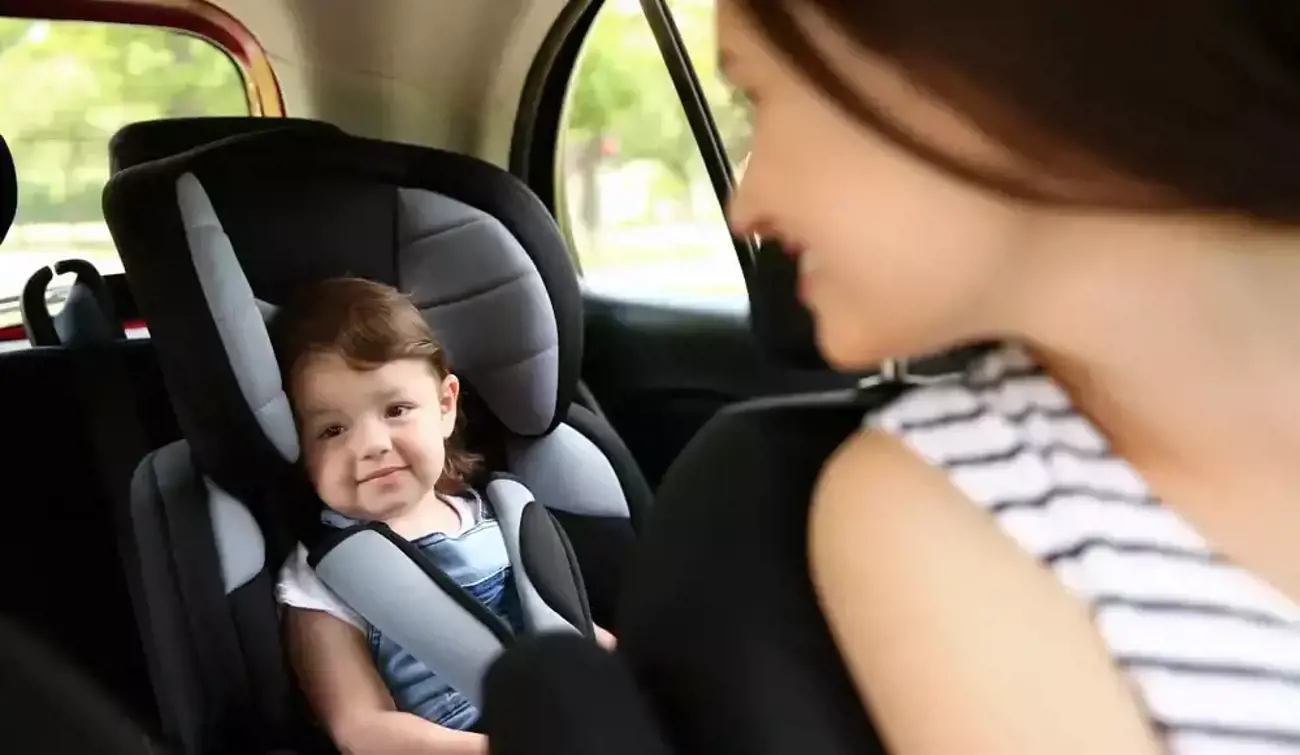Whether you’re a small business owner, a big firm employee or a stay-at-home parent, there is another role that you can add to your resume – that of a taxi driver!
In fact, according to a national survey conducted by Allianz, many of us are spending the equivalent of one working day a week driving children around.
With pick-ups and drop-offs happening Monday to Sunday, Allianz has found that 61 per cent of Australian parents and carers spend up to eight hours a week on ‘taxi duty’, with 12 per cent committing nine or more hours per week to this job.
Although weekends are a particularly busy time for ‘parent taxis’, with Saturday sport and social events to navigate, weekdays also add to the mileage as parents transport youngsters to child care, school and after-hours activities.
How can working parents best handle the child care commute?
Unless you choose a home-based option, having your child in care will involve dropping them off and picking them up before and after work. With so many parents driving to and from care, the big question is – should you choose child care that’s close to home or close to work?
As with many things, this comes down to your individual circumstances, and different locations work for different families. To help you make the decision, though, here are some points to consider:
| What are the benefits of child care close to home? | What are the benefits of child care close to work? |
| A short drive from home to child care means there is less chance for your child to get anxious/upset about going to care. | Your child’s overall time in care is shorter. |
| After pick-up, a shorter drive benefits a tired child. They may be less likely to get cranky or nap in the car and disrupt their sleep pattern. | In the case of sickness or an emergency, you can leave work and pick up your child quickly. |
| If you’re not going into work that day (e.g. you’re sick or working from home), it is easier to drop off your child near home, than near work. | If your child care is close to work (or even in the same building), you can pop in for breastfeeds and/or cuddles during the day. |
| If you change jobs, you don’t need to change child care. | If you start work early (e.g. 7:30am) an early-opening child care near work will probably fit better with your schedule. |
| Friends your child makes at care will live locally, cutting down driving time for play dates and birthday parties. Local friends may also make school transition easier. | If you’re running late or have unpredictable hours, there is less time pressure to pick up your child (e.g. you do not need to leave work exactly at 5pm if child care is close by). |
| Care near home gives you a chance to ‘clear your mind’ after the work day, before picking up your child. | If you’re running late, there may also be the option of picking up your child and bringing them back to work so you can finish things off. |
| If you don’t drive, it may be easier to have a shorter public transport commute with your child. You might be able to walk to child care, then take public transport on your own to work. | If your child enjoys the ride, a longer commute to work/child care means you get more time to chat with them. |
| Child care close to home may be cheaper than ‘big city’ care. | If your commute is unreliable (e.g. bad traffic) a short travel time from work to child care reduces the chance of delays picking your child up. |
| If you and your partner work in different areas, care close to home may be more convenient for both parents. It may also suit others who do the drop-off and pick-up, like grandparents. | |
| If you are having another baby and will be going on maternity leave, child care near home will be more practical going forward. |
Commute times differ, as do working conditions, so think about what is best for your family now and going forward before giving the green light to a particular child care service, and don’t forget to drive safely, regardless of the morning rush.
At the end of the day, there are various logistical and emotional considerations to consider when choosing the location of your child care.


































